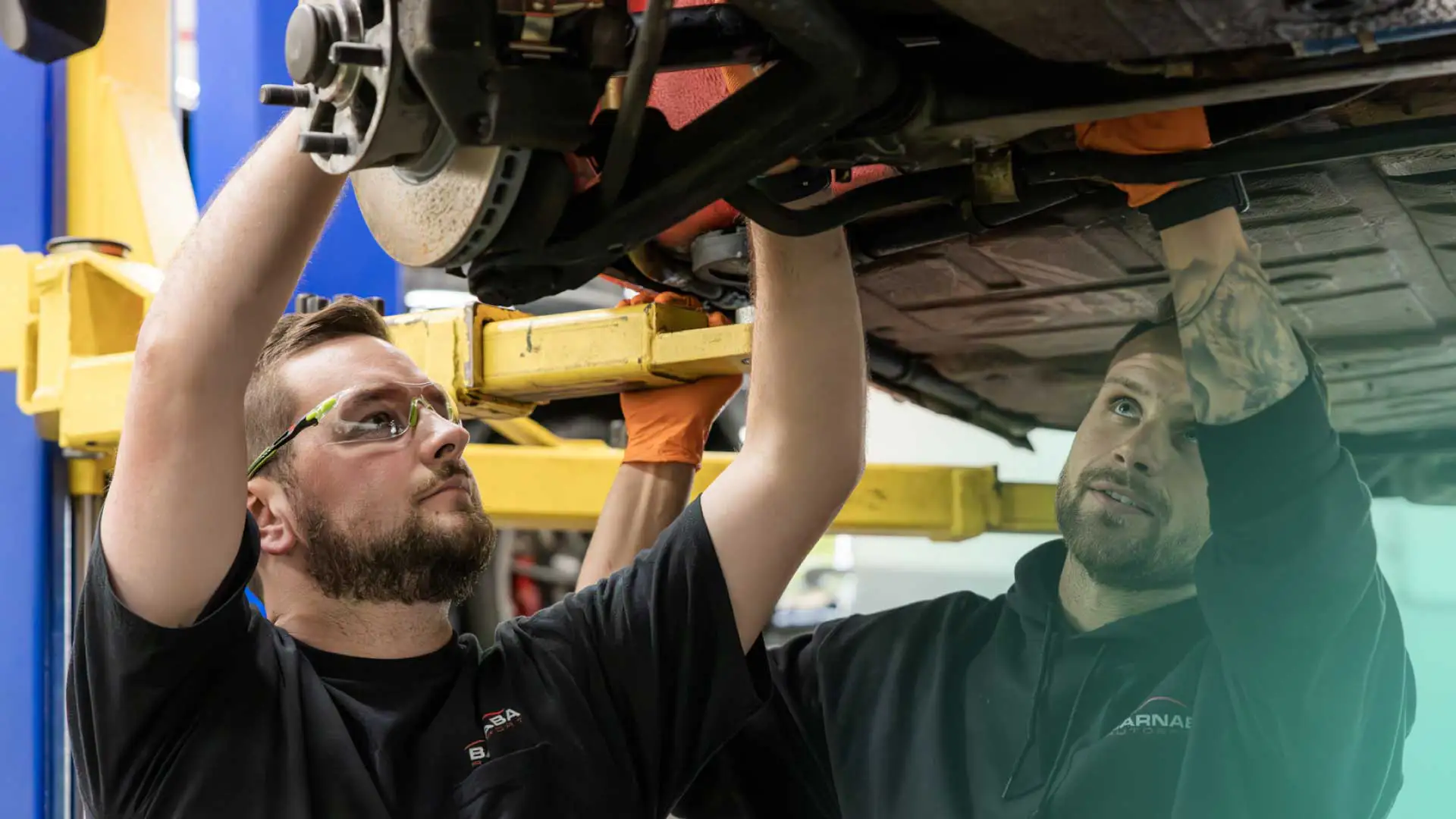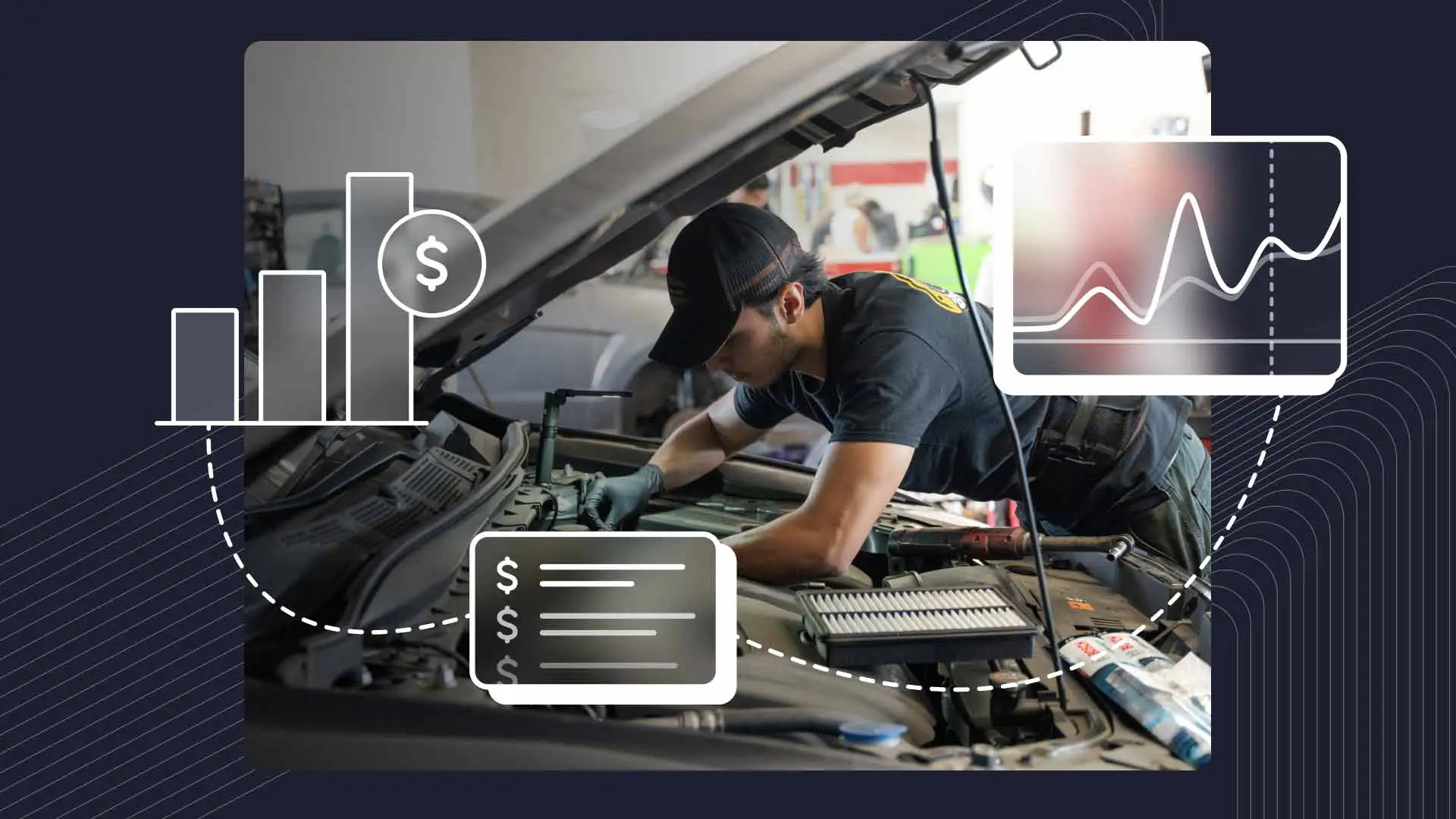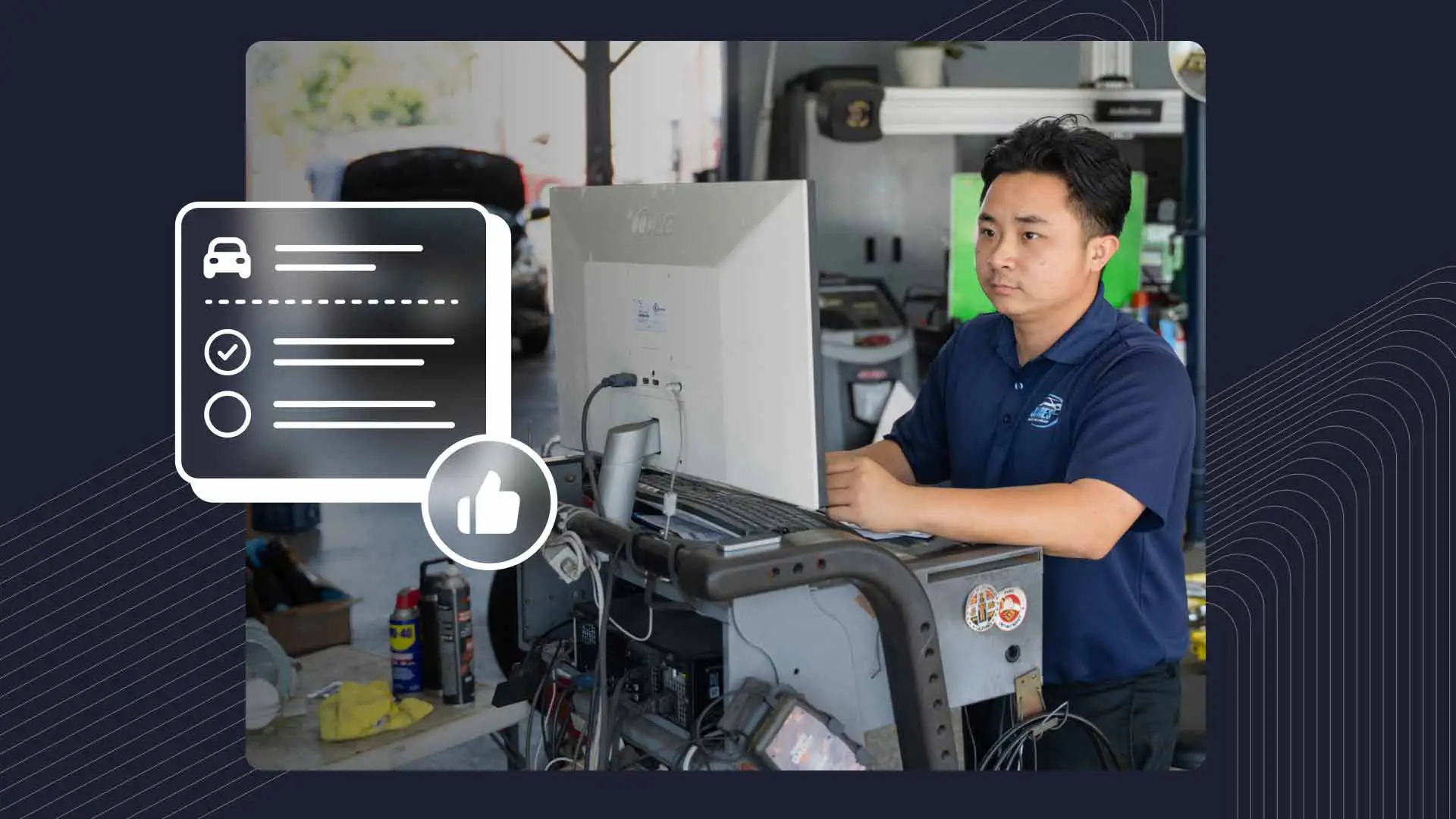When customers bring their cars to the shop, they expect mechanics to be polite, professional, and efficient. They trust the team to diagnose issues with pinpoint accuracy and complete repairs the right way and on time–the first time.
Well-trained mechanics are the engine that keeps a shop humming. Their expertise helps the operation run smoothly, leading to satisfied customers whose repeat business and referrals contribute to the shop’s overall success.
In fact, the value of skilled technicians can’t be overstated, which is why investing in top-tier automotive education and certifications is a smart move for both aspiring mechanics and shop owners. It helps mechanics sharpen their skills while providing shop owners with a team that consistently goes above and beyond. While hands-on experience–like auto mechanic apprenticeships–is invaluable, a strong educational foundation can still make a world of difference.
The Importance of Automotive Education and Certification
Why It Matters
Having a solid education in auto repair is more important now than ever. Today’s cars and trucks are like mobile computers with hybrid engines, advanced driver-assistance systems (ADAS), and all sorts of complex electronics. Mechanics with formal training have the technical and problem-solving skills they need to tackle these intricate machines. Plus, certified technicians can command higher wages, and usually earn more as a result. Employers also know they’re getting someone who’s been schooled on the latest technologies, environmental regulations, and safety standards, which often translates to better job security.
The Impact on Auto Shop Owners
For shop owners, the benefits of a trained team of mechanics are almost immeasurable (but we’ll try). First, you’re getting a knowledgeable crew that produces fewer mistakes, better repairs, and more satisfied customers. When your team knows what they’re doing, you spend less time fixing problems or dealing with unhappy clients. Skilled techs are also more efficient, allowing you to take on more jobs and grow your shop’s bottom line. Another benefit: less turnover. Investing in your employees’ education and training shows them you care about their future, making them more likely to stick around.
Top Automotive Trade Schools
When it comes to auto mechanic trade schools, there are lots of different options. So, it really comes down to what you’re looking for in a program. The best ones offer a well-rounded curriculum, plenty of hands-on training, and help with job placement. Accreditation is a big deal, too. Look for programs that are recognized by respected organizations like the ASE Education Foundation. And don’t forget to factor in tuition costs and program length. Certificate programs are shorter and usually less expensive, while associate’s degrees can take up to two years and cost more, but typically lead to better job opportunities.
If we’re talking about some of the best auto mechanic technical schools…. Universal Technical Institute (UTI) is known for a broad curriculum that includes hybrid technology, along with manufacturer-specific training programs covering BMW, Ford, GM, Mercedes-Benz, etc. It’s a solid choice if you want to work at a dealership or a shop specializing in alternative-fuel vehicles. Then there’s Lincoln Tech, which has over 20 campuses in a dozen states and offers an all-around program, working in fully equipped shops, with the latest diagnostic equipment and specialty tools. Graduates of its Auto Technology course can even continue their education at the Tesla START training program in Colorado. Another top choice, WyoTech, emphasizes practical experience, giving students a feel for the schedule and expectations they’ll face in the real world.
Most Valuable Mechanic Certifications
ASE Certifications: In terms of mechanic certifications, the National Institute for Automotive Service Excellence (ASE) is the bee’s knees. Seriously, it doesn’t get much better than ASE, whose core certifications include engine repair, brakes, transmissions, HVAC, electrical/electronics, and suspension systems. Advanced certifications offered through ASE cover hybrid and electric vehicles (EVs), as well as diesel and ADAS, among others. Having these credentials under your belt shows customers–or potential employers–a degree of dedication and expertise that’s a cut above the rest.
Other Certifications: Several other certification programs beyond ASE carry weight in the industry, too. For techs interested in EVs, UTI offers specialized training that teaches students how to maintain, diagnose, repair, and test high-voltage vehicles and systems, along with important safety guidelines. Mechanics with a passion for diesel can pursue certifications from manufacturers like Cummins, whose factory-backed courses combine classroom instruction with hands-on training. Or, you could go with OEM certifications, like GM’s Automotive Service Educational Program (ASEP) or Toyota's Technician Training & Education Network (T-TEN), that are tailored to specific brands.
The Ideal Mechanic
So, what makes an ideal mechanic? For starters, they should have a solid educational foundation along with some real, hands-on experience. After all, while it’s important to understand how electrical systems work, especially when you’re dealing with hybrids or EVs, that knowledge only takes you so far without the practical know-how to actually apply it. Technicians should also stay current with certifications, and always be willing to learn and adapt to new methods and technologies as they become available.
A versatile, well-schooled mechanic is like a unicorn for shop owners–if you find one, don’t let go! They’re quick problem-solvers, accurate with diagnostics, and deliver top-quality repairs that keep clients coming back (and recommending your shop to anyone they can). At a time when positive customer reviews heavily influence where people take their cars for service, you really can’t put a price on the value of good technicians.
Training for Success
Getting down to brass tacks, the auto repair industry runs on well-trained mechanics. Investing in education and certifications is a wise move for technicians looking to make their mark. And for shop owners, having knowledgeable, technically sound mechanics on your team means high-grade work, smooth operations, and satisfied customers.
Combining top talent with the right tools and solutions is a win-win that keeps auto repair centers running like clockwork. Discover how to boost your shop’s efficiency and drive business growth with powerful auto repair shop software from Shopmonkey. Request a demo today!




